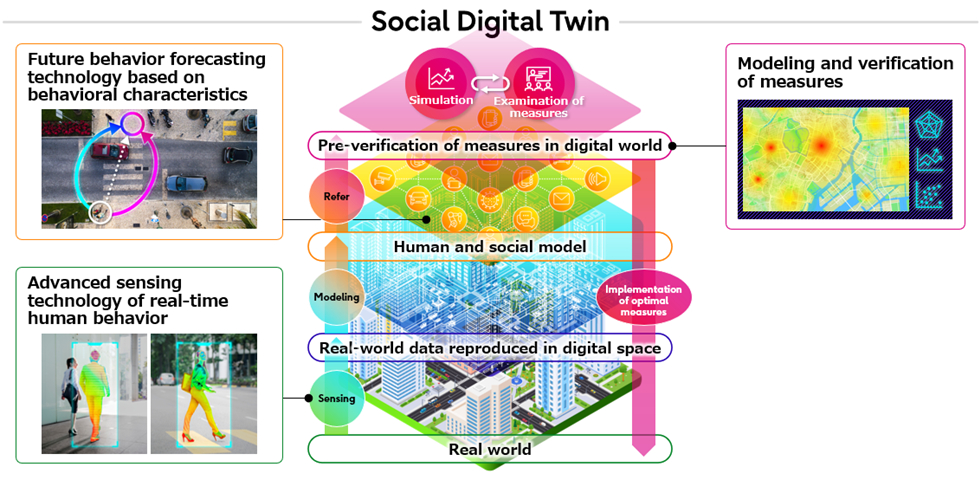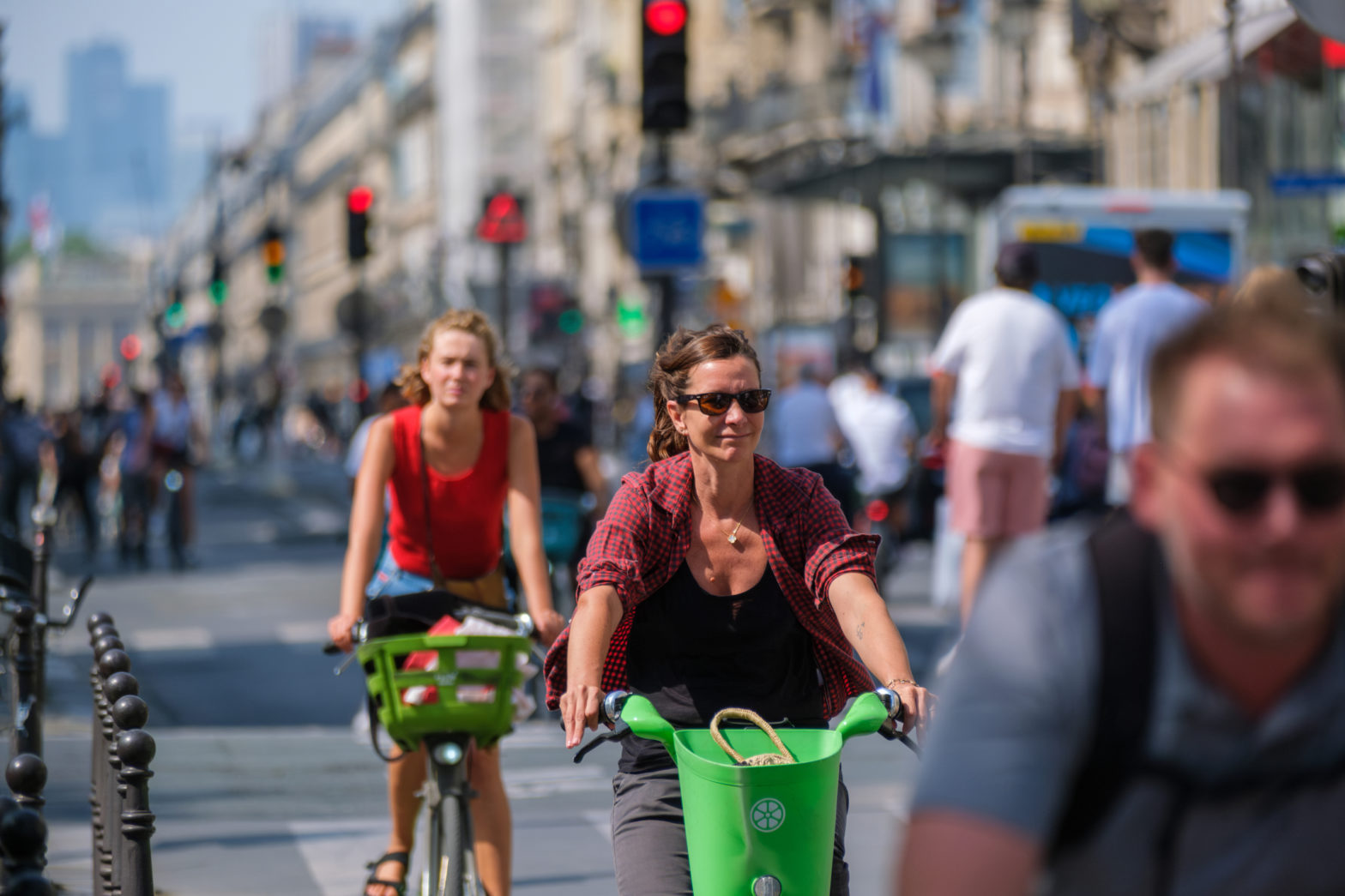
Photo: Denisismagilov | Dreamstime.com
Fujitsu to develop ‘social digital twin’
10 February 2022
by Sarah Wray
Japanese technology company Fujitsu and researchers at Carnegie Mellon University (CMU) are collaborating on the development of a ‘social digital twin’ that could be used to model traffic, economic activity, and climate and public health measures.
Masami Mizutani, who is leading the project at Fujitsu, told Cities Today: “‘Typical’ smart city digital twins manage the data in terms of the relationship between the real world and virtual space. Fujitsu’s Social Digital Twin is a complete digital reproduction of behaviours of a society by constructing a human model and a social model that reacts in real time to changes in society at large, reflecting shifting relationships between the behaviour of people and goods, the economy, and society in minute detail.
“This will allow users to visualise future actions and possible risks with reference to ever-changing real-world conditions, and to support urban planners in developing agile and appropriate measures to achieve their public policy goals and make society more sustainable and liveable.”

Digital rehearsal
A project through CMU’s Mobility Data Analytics Center (MAC) will use real-world data, including input of traffic regulations and the movement of vehicles, to evaluate the effectiveness of measures designed to dynamically estimate and control traffic flow.
Another project with the CMU’s Computational Behavior Lab in the School of Computer Science’s Robotics Institute will “extend current capabilities” in 3D modelling of pedestrians and forecasting their behaviour over time in urban environments. This technology can be used to monitor activity on streets and determine where issues or accidents may be taking place, Fujitsu said.
The partners will also develop the digital twin to support climate action and the improvement of city transport networks. Eventually it could be used to model measures to mitigate pandemics and ensure the flexible, efficient allocation of medical resources.
Mizutani explained: “From an economic and public health policy perspective, for instance, we anticipate that this might include measures to analyse what kind of incentives should be given to consumers and retailers to stimulate the economy while at the same time ensuring social distance and mitigating crowding in public spaces.
“The Social Digital Twin will enable us to conduct digital rehearsals to understand the effects and risks of such measures from multiple perspectives with varying levels of detail.”
Field trials in urban areas will start in April 2024, and service is scheduled to start in March 2025.
Image: Denisismagilov | Dreamstime.com








